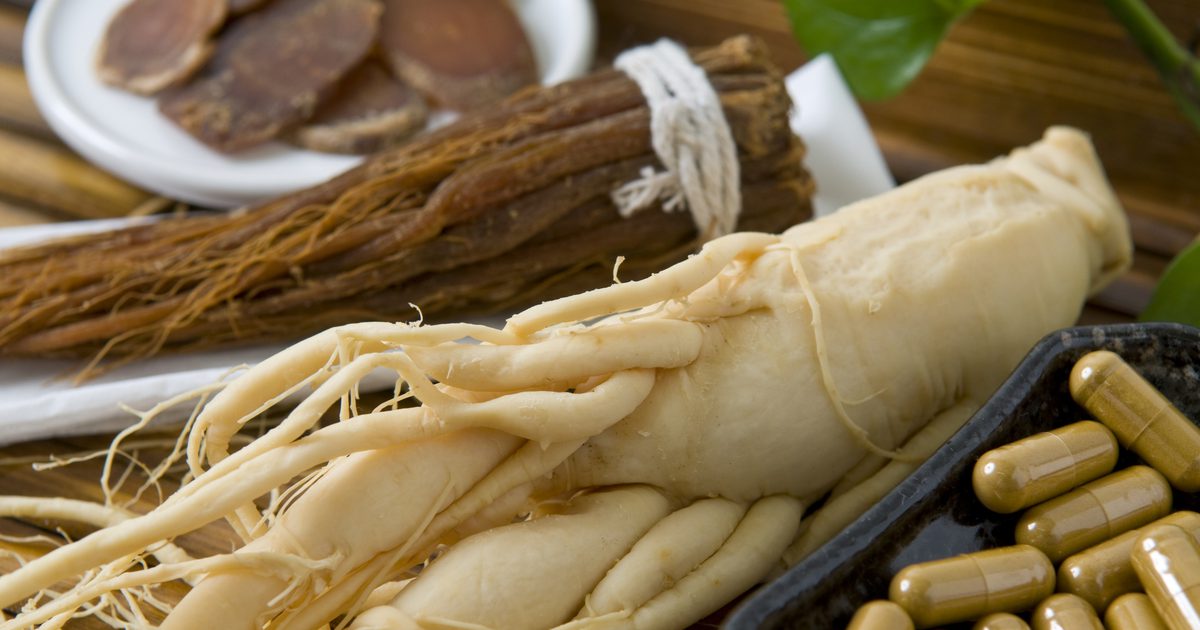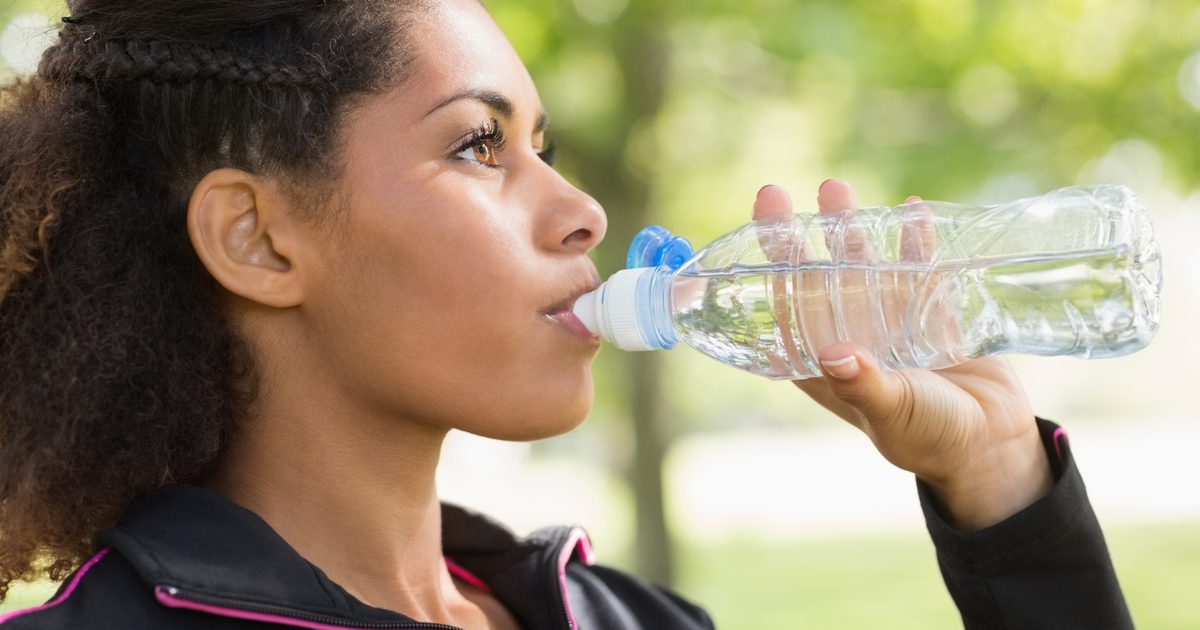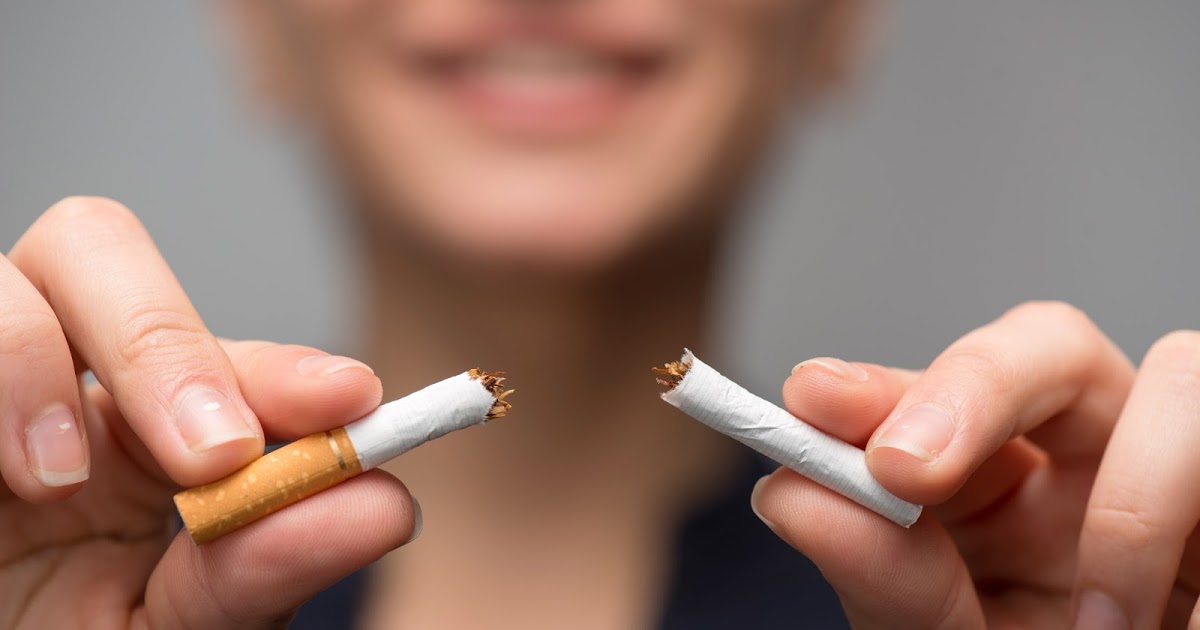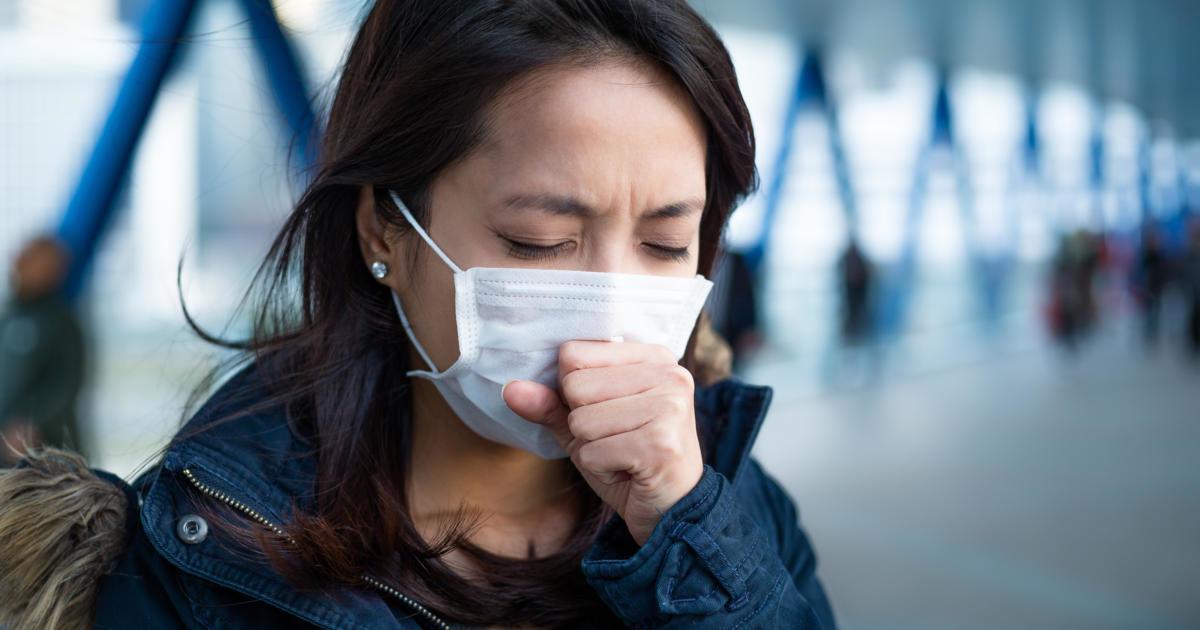Natural Treatments For Emphysema
Emphysema is a condition affecting the lungs that results in shortness of breath. Individuals with emphysema have damaged alveoli, which are the air sacs in the lungs. Over time in emphysema, the inner walls of the alveoli weaken and then rupture. This creates large sacs of air instead of small ones, as there should be. Ultimately, emphysema makes it difficult to breathe as less oxygen reaches the bloodstream.
Emphysema is also associated with chronic bronchitis and may patients suffer from both conditions. Together, emphysema and bronchitis fall under the umbrella of chronic obstructive pulmonary disease (COPD), which is a respiratory disease and is on the list of the leading causes of death in the United States. Emphysema is typically caused by smoking, and symptoms range from mild to severe and include shortness of breath, coughing, and the production of excess phlegm.
Reduce Stress

Stress wreaks havoc on the body’s physical functions as much as an individual's mental health. Too much stress contributes to making symptoms of emphysema even more difficult to live with. It is hard enough to breathe easily with these conditions, but adding stressful situations impacts shortness of breath and the body’s ability to fight inflammation. This is precisely why stress relief can put the body in the best position possible for other treatment options for emphysema.
Stress relief won't make the condition disappear, but it does prevent unneeded aggravation of symptoms. Simple stress relief techniques include practicing yoga on a regular basis, meditating every day in the morning or at night, reading a good book, and going for a walk in the fresh air. Of course, there is a lot of leeway in what can act as stress relief, as what may relieve stress for one person may not work for another. Find what works and put it into practice!
Avoid Cold Air

Cold weather contributes to worsening symptoms related to respiratory conditions such as emphysema because the chilly air affects the airways. If they become constricted by breathing in cold air, breathing becomes difficult, so staying indoors when the temperatures drop is a good idea. Cold air can also make the bronchial passages spasm, again making it harder to breathe. Thus, staying indoors when possible can greatly help when dealing with emphysema. When patients have to go outside, doctors recommend they wear a scarf or mask designed for cold air over their mouth and nose before they head out into the cold air. This helps because doing so warms the air entering the lungs.
N-Acetylcysteine

Like many health conditions, there are supplements available to help treat emphysema, along with other respiratory issues involving difficulty breathing and a build-up of mucus. N-Acetylcysteine (NAC) has been used as a treatment for chronic obstructive pulmonary disease ease coughs, thin mucus, and work on expectoration. Its primary function appears to be loosening sputum, although additional research is needed to fully understand the extent of NAC's usefulness for treating emphysema and similar conditions, as there are conflicting results from some studies. This includes the supplement's inability to prevent lung function from deteriorating or just how well it might be able to reduce flare-ups or how effective it is at loosening sputum.
Ginseng

Ginseng is a popular herb used in holistic healing and naturopathic medicine. There are many different types of ginseng, including American, Asian, and Korean. The Siberian species, in particular, has been known to help boost lung function and reduce the abundance of bad bacteria. An active ingredient in ginseng called ginsenosides, have been researched and seem to help prevent the symptoms of emphysema and the development of COPD.
Some research indicates ginseng has a role as a bronchodilator, and it also seems to improve the exercise capacity of patients with conditions like chronic obstructive pulmonary disease and emphysema. Although the results of the research conducted thus far have been promising, additional research is still required to truly examine the influence of ginseng on lung function and treating emphysema.
Vitamin D

Many individuals with emphysema or similar conditions appear to lack in vitamin D. Doctors claim this can be for many reasons, including how it is more difficult to absorb vitamin D as the body ages and many patients are older, a lack of time spent outside, as well as deficiencies in the diet. Some reports show an increase in vitamin D is correlated with better lung function tests, although like the other supplements on this list, more research is needed. Only small studies have been conducted on whether or not vitamin D reduces the severity of emphysema and similar conditions, and while some results have been negative, given they are only small studies, more information is necessary (as stated).
Essential Oils

Eucalyptus oil is an essential oil used in part for its medicinal properties. There are a variety of uses for it, but it has been proven effective as a treatment for respiratory problems. Individuals with asthma use it as a salve to dilate blood vessels and improve oxygen flow. Other research has shown eucalyptus is helpful for those suffering shortness of breath and increases lung capacity. Its main compound, cineole, is said to help prevent inflammation of the airways. It is because of these reasons eucalyptus oil can be quite helpful when it comes to treating and alleviating emphysema naturally as much as possible.
Physical Exercise

As difficult as it may seem when breathing is already a challenge, exercise is an important part of daily life. In fact, it is even essential for overall health and wellness. Regular exercise also helps minimize symptoms of emphysema. Cardio exercises, such as walking, jogging, and any heart-raising regime, increase stamina, build endurance, and strengthen respiratory muscles. For individuals who are also dealing with depression simultaneously with their emphysema, exercise is known to boost mood, contribute to a healthy mind, and potentially lead to nixing the cigarettes.
Patients can work with their doctors to devise an exercise regime that will suit them and their symptoms. While exercising does help reduce symptoms of emphysema, it is essential to be vigilant about not overdoing it and reversing the benefits.
Stay Hydrated

The excess build-up of mucus and phlegm in the airways can hamper breathing. Its thick consistency makes it difficult to clear, but by maintaining adequate water intake, the problem can be controlled. Experts recommend drinking at least eight glasses of water each day to prevent mucus from forming or thin what has collected. Some even say drinking warm or slightly hot water can work even better than cold to loosen mucus and phlegm. While plain water is best, other drinks and liquids like herbal tea and clear broths can work as well. Indoor air should also be kept on the moist side, which can be accomplished with a humidifier. Dry air while sleeping can make breathing more difficult and worsen the build-up of mucus and phlegm.
Healthy Eating

Maintaining a nutritionally-balanced diet is important for overall health, and it can help relieve symptoms related to breathing difficulties, including those that are the result of emphysema. There are some foods to avoid because of their mucus-producing tendencies, such as dairy, processed food items (e.g., lunch meats), and anything with additional preservatives. Healthy options include recommended daily requirements of fresh fruits and vegetables, wild-caught fish, flaxseeds, and chia seeds. All vitamins, minerals, and fiber should be consumed, along with omega-3 foods for their anti-inflammatory properties.
Breathing Techniques

When performed properly, breathing exercises can help improve oxygen flow, even with emphysema involved, and are simple to practice anywhere. Pursed-lip breathing is done by breathing through the nose for two to three seconds with a closed mouth. Purse the lips similar to whistling and exhale twice as long as the inhale. Diaphragmatic breathing requires placing one hand on the rib cage and the other hand on the chest and monitoring the lower hand’s movement while breathing in and out slowly. Breathing this way strengthens the diaphragm. A focus on simply breathing is surprisingly helpful when it comes to treating emphysema symptoms and increasing quality of life.
Avoid Smoke

The most important thing to do to manage emphysema is to quit smoking as soon as possible. The use of electronic cigarettes is also advised against because the flavor compounds contained in them have been associated with further aggravation of the respiratory system. For non-smokers with emphysema, avoidance of second-hand smoke is just as essential, as is limiting exposure to air pollution. Air pollution is typically outdoors, but some fireplaces produce similar hazards and particulates in the air. When it comes to quitting smoking, individuals may wish to consult with their doctor to determine the healthiest strategy for them and their situation.
Avoiding Respiratory Irritants

Similar to avoiding smoke and air pollution, there are a number of respiratory irritants individuals with emphysema should avoid as well. These respiratory irritants include paint and automobile fumes, perfumes, incense, scented candles, as well as some odors from cooking. When irritants like these cannot be avoided, it is crucial to maintain proper ventilation and take other protective measures to reduce their impact. For instance, when painting, open windows, turn on fans, and wear a mask to lessen the irritating nature of paint fumes. Individuals may also wish to look for unscented hygiene products like shampoo, conditioner, facial cleanser, and moisturizer. Doing so can help reduce the potential for aggravating emphysema symptoms.
Preventing Respiratory Illnesses

One of the key elements to remember when treating emphysema is to prevent respiratory illnesses like the common cold and the flu. Thus, receiving a flu vaccination and taking care of oneself through practices such as washing hands frequently, avoiding those who are ill, using hand sanitizer, and wearing a face mask when dealing with large crowds of people. Catching a respiratory infection like the common cold or the flu may be relatively easy to deal with for someone who is otherwise healthy, but either one can have a significant negative impact on an individual who is also dealing with an illness like emphysema.
